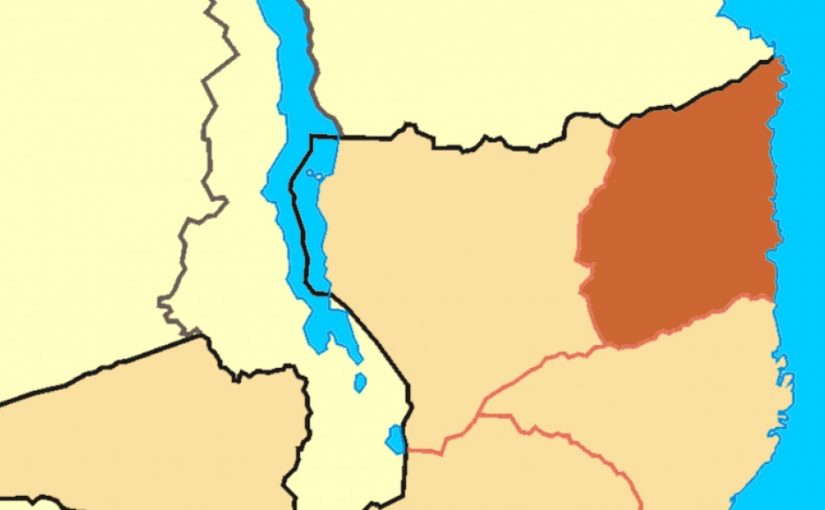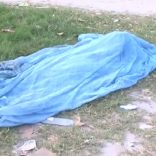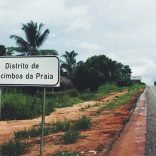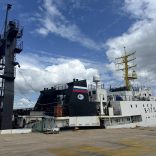Mozambique reports more than 10,000 patients with substance-abuse-related mental disorders in first ...
Mozambique attacks: Maputo does not want international force, says analyst Nuno Rogeiro

Portuguese journalist and analyst Nuno Rogeiro says that the SADC’s support in fighting Islamic terrorists in the north of the country corresponds to the will of Maputo, which never wanted an international force on the ground.
“This was not the agreement that many people expected”, but it was “the agreement that Mozambique hoped for “because it allows Maputo to have the exclusive [control] of the operations, resorting to contracted companies and actions on the ground”.
In his book, “Cabo do Medo”, [Cap of Fear], to be published on June 2nd, Rogeiro recalls the last episodes of the conflict, with actions to defend the provincial capital and incursions against the groups which loyal to the Islamic State of Central Africa (ISCAP).
“[As of April,] Marines from the Pemba base and from the Katembe main school (Maputo) began to be used more effectively and frequently. They were the ideal troop for Cabo Delgado. Intelligence agents from various countries tried unsuccessfully to attribute military reinforcement to Angola, Zimbabwe or Tanzania, but the boots on the ground were Mozambican,” Rogeiro writes, stressing, in an interview with Lusa, that Maputo does not want to relinquish military control of operations.
On May 19, the Policy, Defence and Security troika of the Southern African Development Community (SADC) expressed support for Mozambique in combating the armed groups attacking in the area since October 2017, but did not commit to sending troops to the field.
According to sources contacted by the journalist, SADC leaders were impressed because they did not know the extent of Daesh penetration in Cabo Delgado, and “realised that this was a truly serious threat” for the region.
However, “SADC countries are currently short of money, under lockdown and lacking equipment” to support actions on the ground.
The organisation’s armed forces “lack great operability” and resources. “There is material that exists on paper, but there are no pieces,” Rogeiro claims.
Only Luanda has the means and resources to take action on the ground, because Portuguese is spoken, but “there are some countries which would not like to see Angola playing a leading role in an international force in Mozambique”.
At the same time, “Mozambique has already started contacts with the UN in order to create a mechanism for the exchange of information that could take” the fight on the ground “to a different level”.
However, this is “a very slow process”. “We are all dependent on political processes that are slow, and on military and security processes that may be devastating,” he warns
“At this moment there is a kind of calm and rotten peace in Cabo Delgado, but things can change in 48 hours,” he says, adding: “I notice today a greater determination of political power and a greater organisation of police power” in the fight against insurgents.
“The great Daesh war began by trying to destroy traditional Islamic structures in Cabo Delgado,” added Rogeiro.
In his book, the journalist advances clashes in April and May this year as possible turning points, notably after the failure of the attack on Pemba.
“Contrary to some reports that predicted the loss of Cabo Delgado to jihadism, the situation seemed more controlled in May,” with the “professional army of Daesh defeated” by the Mozambican military.
However, writes the journalist, there are still many unknowns. “In fact, about 40 foreign ISCAP commanders were still in Cabo Delgado. The gangs fled to the woods, but, without a concerted civil-military campaign, the province risked becoming a land of entrenched positions, surrounded by hostile groups”.
In the book, the author portrays the transformation of the Al Shabab group into an arm of the Islamic State and its regional ramifications, in Mozambique, with illegal miners in the Montepuez area and preachers in Quiterajo, Palma and Mocímboa da Praia, where they formed communities independent of the traditional hierarchy and created the embryo of the terrorist group that exists today.
The work portrays the financing channels fed by the structure of the Islamic State, and highlights the importance of drug trafficking in resourcing the movement, especially because of the proximity of the Quirimbas archipelago.












Leave a Reply
Be the First to Comment!
You must be logged in to post a comment.
You must be logged in to post a comment.